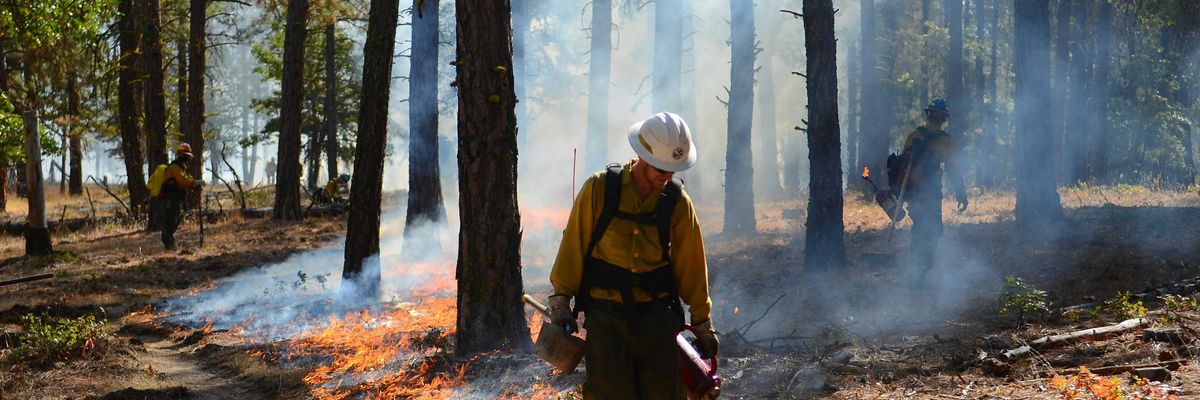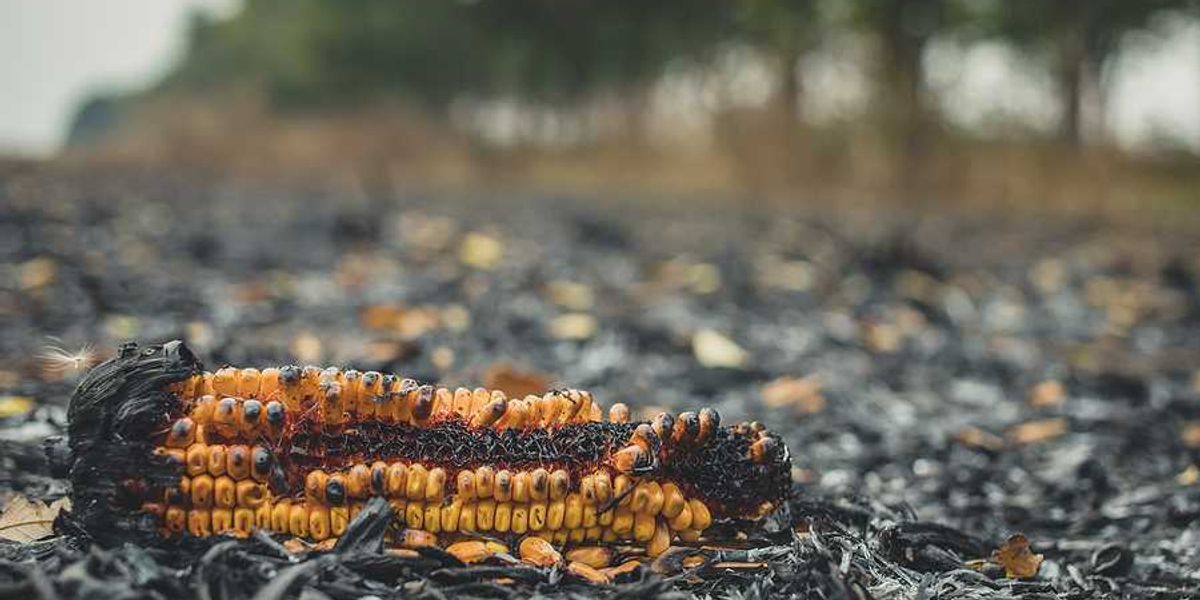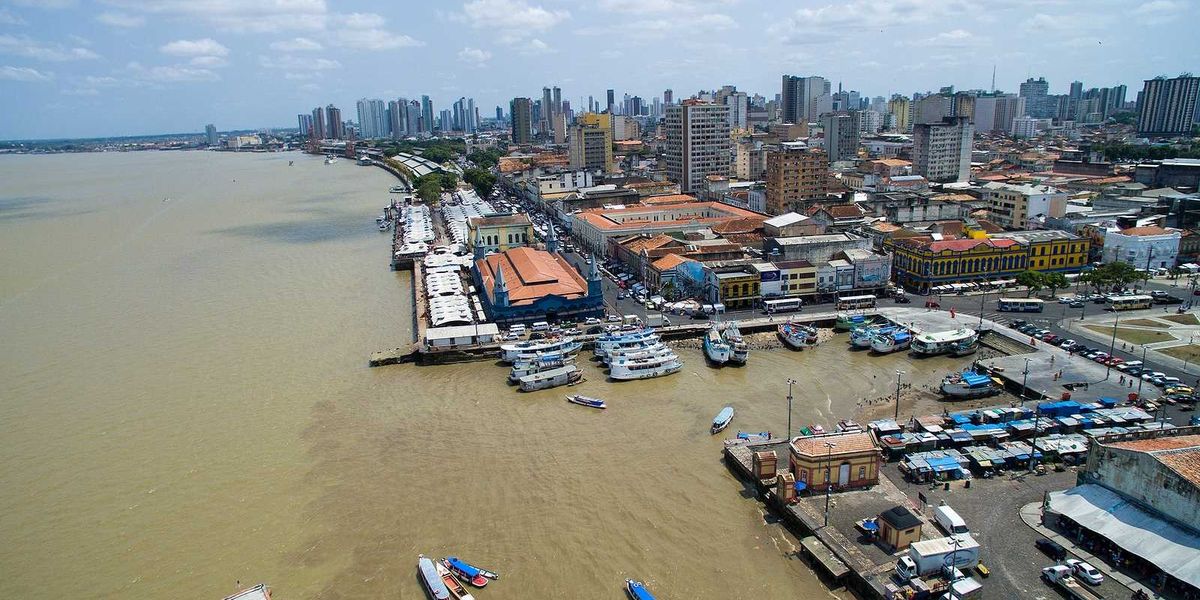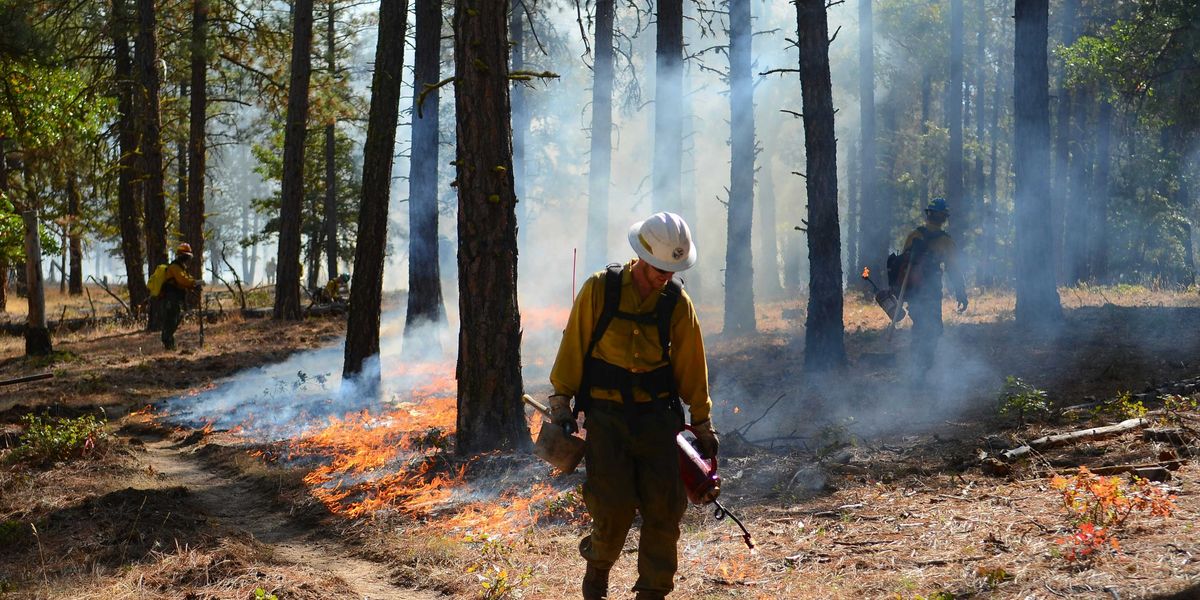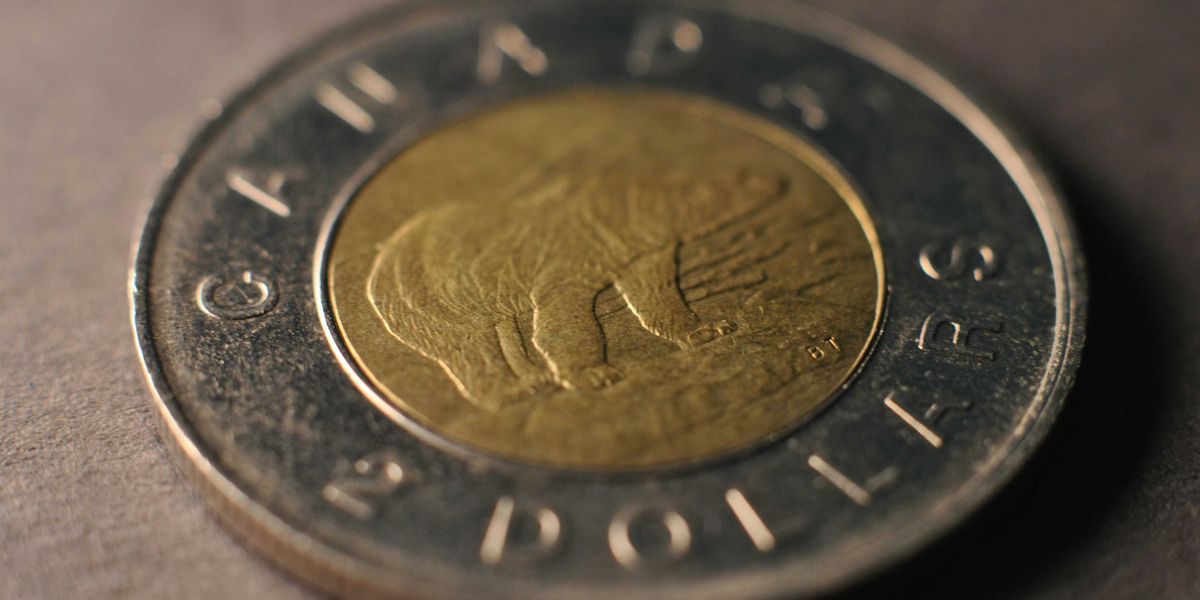indigenous injustice
States profit from lands on tribal reservations, hindering tribal sovereignty
Tribes are forced to lease their own lands from states, which profit from resources like timber, gas, and minerals, while tribal sovereignty and environmental management are undermined.
Anna V. Smith and Maria Parazo Rose report for High Country News and Grist.
In short:
- State trust lands, once seized from tribes, are leased for public institutions like schools and hospitals, often benefiting non-Indigenous citizens.
- Tribal nations, such as the Ute and Confederated Salish and Kootenai Tribes, lease millions of acres from states for agriculture and resource use.
- Tribes are pushing for land return through programs like Montana’s land exchange, but legal barriers, such as subsurface mineral rights, complicate the process.
Key quote:
“Hundreds of thousands of millions of dollars that could have perhaps been used to educate, to create housing, to create economic opportunity have been lost to the tribes.”
— Minnesota State Senator, Mary Kunesh
Why this matters:
Land leasing affects tribal sovereignty and limits Indigenous management of vital ecosystems. To use these lands, the tribes themselves often have to pay, a grim irony considering these territories were once meant to be set aside for their exclusive use. Read more: Why Indigenous women are risking arrest to fight Enbridge’s Line 3 pipeline through Minnesota.
Climate change is erasing crucial Indigenous languages
A recent report highlights how climate change is accelerating the loss of Indigenous languages, which hold vital ecological knowledge.
In short:
- Indigenous languages, which encompass crucial environmental knowledge, are disappearing due to climate-induced migrations and environmental changes.
- Extreme weather and rising sea levels are forcing Indigenous communities to abandon their homelands, taking their languages with them.
- Efforts are underway to document and preserve these languages, as they offer unique insights into environmental conservation, but hampered by climate impacts and historical colonialism.
Key quote:
"Indigenous languages contain inventories of species, classification systems, etiological narratives, and, above all, ways of managing diversity, a fundamental technology for the preservation and biorestoration of the environment."
— Altaci Corrêa Rubim/Tataiya Kokama, University of Brasília
Why this matters:
The loss of Indigenous languages means losing critical environmental knowledge that can aid in combating climate change. Read more: Feeling “invisible”: How language barriers worsen environmental injustice.
Plastic pollution treaty talks yield mixed results for Arctic Indigenous communities
Despite global talks aiming to tackle plastic pollution, Arctic Indigenous communities return home to worsening plastic impacts without commitments to reduce plastic production.
In short:
- The recent global treaty talks in Ottawa lacked firm commitments to curb plastic production, leaving Arctic Indigenous communities disheartened.
- Plastics and petrochemicals collect in the Arctic, causing health and environmental damage while climate change exacerbates these issues.
- Oil industries and some nations emphasize recycling over production cuts, which experts argue won't fully address the problem.
Key quote:
“The Biden administration is moving forward with a massive oil and gas project that is a climate disaster waiting to happen while refusing to listen to the voices of my constituents and community.”
— Rosemary Ahtuangaruak, Iñupiaq scholar and leader from the Native village of Nuiqsut.
Why this matters:
The Arctic, melting faster than other regions, is a "sink" for plastic pollution from around the globe, drastically affecting the health and culture of Indigenous people. Read more: Ending toxic threats to Alaska from plastics and petrochemicals.
Amazon rainforest at risk of significant transformation by mid-century, study indicates
The critical balance between human activity and the Earth's natural climate regulators is beginning to tip — and not in a good way.
In short:
- A recent study predicts that by 2050, 10% to 47% of the Amazon rainforest could undergo severe ecological changes due to deforestation and climate change, potentially transitioning into savanna grasslands.
- The Amazon, a critical carbon sink for 65 million years, faces threats from global warming, extreme droughts, and fires, risking the release of stored carbon and accelerating global warming.
- Researchers emphasize the urgency of maintaining "safe" ecological thresholds, including limiting global warming to 1.5 degrees Celsius and reducing deforestation to below 10% to avoid catastrophic ecosystem degradation.
Key quote:
"At the end of this process, our planet will reorganize itself, find a new equilibrium... humans and other species will have to readapt to very unpleasant conditions."
— Bernardo M. Flores, lead author of the study.
Why this matters:
The Amazon's potential collapse into a degraded ecosystem not only threatens biodiversity and Indigenous communities but also diminishes its role in carbon sequestration, exacerbating global warming. The planet’s largest ecosystems could collapse faster than we thought.
The battle against illegal goldmining in the Amazon – in pictures
A year after Brazil’s president, Luiz Inácio Lula da Silva, declared a humanitarian crisis among the Yanomami and vowed zero tolerance for illegal mining, environmental enforcers have said the progress since the ousting from the reservation of 80% of the wildcat miners is in jeopardy.
Environmental and human rights concerns arise from Chinese-backed nickel mining in Indonesia
A report highlights severe environmental and Indigenous rights violations by a Chinese-backed nickel industrial project in Indonesia, escalating tensions in the electric vehicle (EV) battery supply chain.
In short:
- The U.S.-based Climate Rights International (CRI) accuses the Indonesia Weda Bay Industrial Park, funded by China, of significant environmental damage and rights abuses in Maluku.
- The report emphasizes the risks of Indonesia's ambition to be a key player in the global EV battery market, highlighting issues of safety, land rights and environmental degradation.
- Concerns include fatal accidents, deforestation, water pollution, and inadequate compensation for land taken from local residents.
Key quote:
“The lack of meaningful government oversight of the nickel industry as demonstrated in our report is a serious cause for concern.”
— Krista Shennum, researcher at CRI
Visit EHN's energy section for more top news about energy, climate and health.
The waters of the Xingu: A source of life at risk of death
In Xingu Indigenous Park in the Brazilian Amazon, rivers and lakes are natural arteries that provide life for animals and Indigenous communities, serving as a base for eating, bathing, social interaction and refuge in times of drought.

